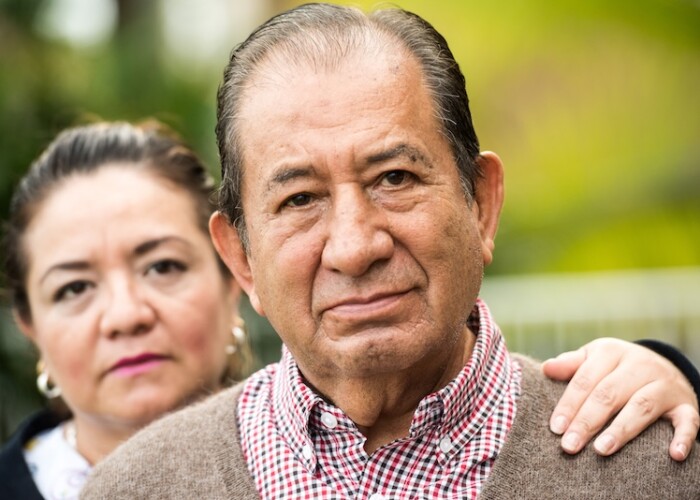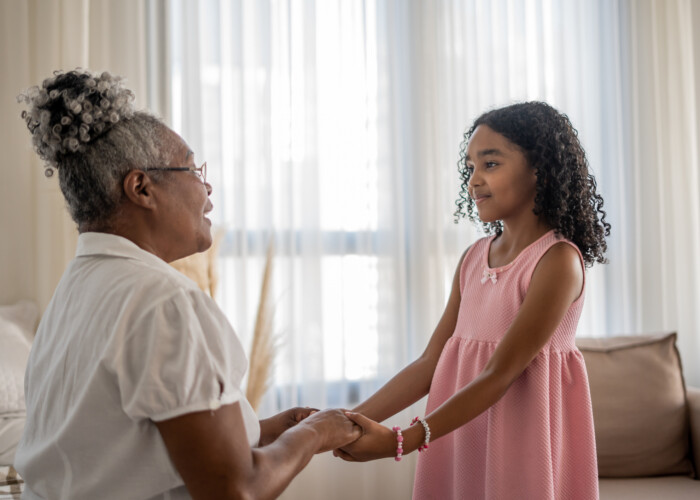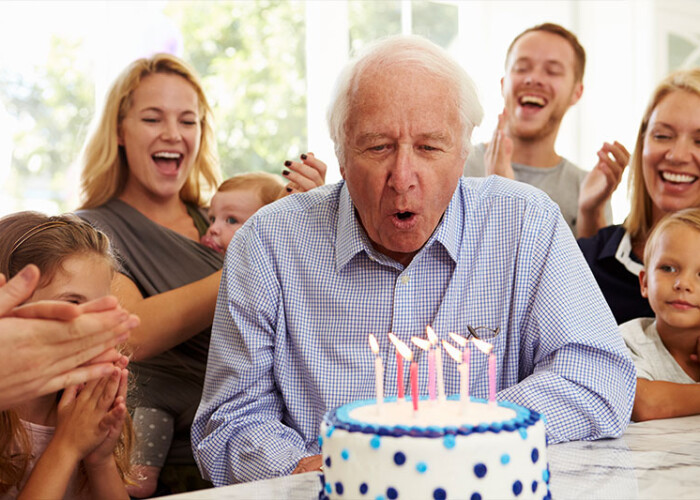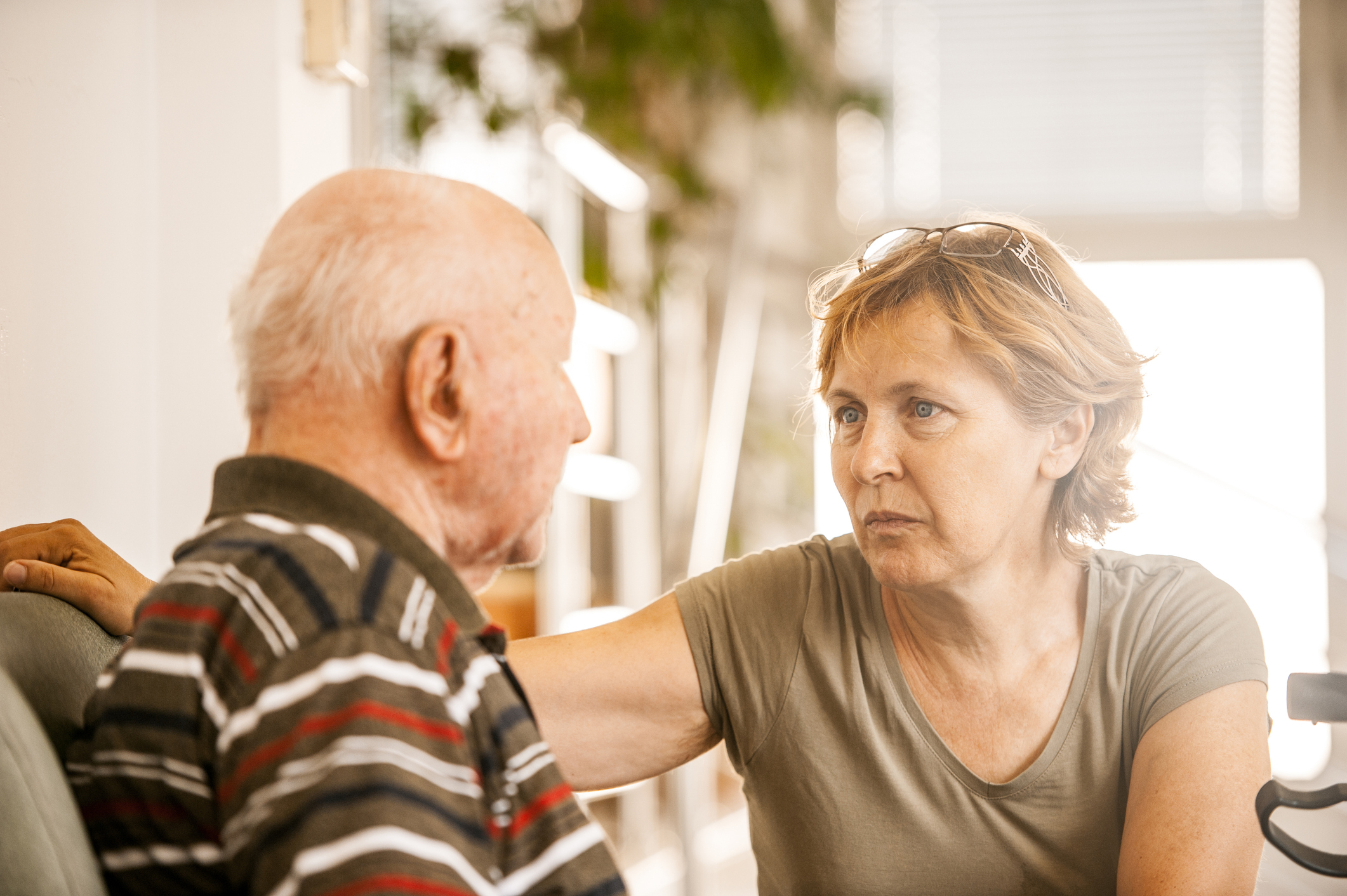Senior Independence
Subtle Changes in an Older Parent’s Life and What They Mean for Caregivers
Looking for little changes in an older parent’s life is key to ensuring they’re receiving the right level of care and preventing serious problems.
Aging rarely announces itself all at once. More often, it shows up in pieces, a small change here, a minor adjustment there. When you think back over the past year with a parent, the standout moments might be a holiday visit or a medical appointment. But the shifts that deserve your attention usually live in the in-between times, woven into everyday routines. It’s these changes in an older parent’s life that you need to begin to pay attention to.
Conditions That Mimic Dementia and Why You Need to Watch For Them
Understanding conditions that mimic dementia can help you find answers and treatments you might not otherwise consider.
When someone you love begins showing symptoms like confusion, memory loss, or difficulty with everyday tasks, it’s natural to fear the worst. Dementia is often the first explanation that comes to mind. But what you might not realize is that there are conditions that mimic dementia, conditions that look almost identical at first glance but may actually be treatable. That means the changes you’re seeing may not be permanent, and the future may be far more hopeful than you think.
Balancing Work and Caregiving Without Losing Yourself in the Process
Balancing work and caregiving becomes easier when you have the right tools, support, and mindset.
Balancing work and caregiving can feel like a tug-of-war between two parts of your identity: your career, which you’ve spent years building, and your role as a son or daughter, which comes with deep love and responsibility. Most of us don’t realize how intertwined these roles are until a new reality begins to emerge: a parent who suddenly needs support, supervision, or hands-on help at home. The shift may be subtle at first – missed medications, difficulty getting around, small safety concerns – until one day it becomes clear that more consistent assistance is needed. And that’s when the real worry sets in: How am I supposed to manage all of this? Do I have to choose between the job I love and … Read More »
How to Involve Kids in Caregiving: An Age by Age Guide
Knowing how to involve kids in caregiving can make everyone involved feel more connected.
Kids have a way of transforming a room the moment they walk in. Their questions come out of nowhere, their laughter is contagious, and their energy fills the space with something light and refreshing. While caregiving is usually handled by adults, understanding how to involve kids in caregiving helps everyone involved.
Caregiving Conflict in Blended Families and How to Handle It
Caregiving conflict in blended families often improves when the focus shifts to shared goals.
Caring for someone you love comes with big emotions, even in families that have been connected for decades. When a second marriage, step-family relationships, or a blended household is part of your story, those emotions can multiply quickly. Each person brings different experiences, different communication styles, and sometimes different ideas of what “the right thing” looks like, which can lead to caregiving conflict in blended families.
And when care needs come up suddenly, all of those differences show up at once. Decisions need to be made quickly. Everyone wants to help, but not everyone agrees on how. It can feel messy, overwhelming, or even tense when the roles aren’t clear and the past starts influencing the present.
If you’re in this situation, the good … Read More »
Life Lessons Learned by Having a Parent With Parkinson’s
Having a parent with Parkinson’s means learning to adapt and grow in ways you may have never expected.
Having a parent with Parkinson’s disease changes life in ways you never quite expect. The diagnosis changes routines, relationships, and even the way you think about time. At first, it may feel overwhelming. There are so many questions and fears about what the future will look like. Yet, alongside those challenges come unexpected lessons. People who have been there often find themselves developing greater strength, resilience, and compassion than they ever thought possible.
This Tactic to Improve Emotional Health in Seniors May Surprise You!
Try this one effective strategy to boost emotional health in seniors and see the difference it can make!
When caring for an older adult, it’s natural to focus on physical health: blood pressure, medications, diet, and mobility. But what about the unseen risks? Emotional health in seniors plays just as critical a role in overall well-being. Loneliness, stress, and depression can all silently chip away at health, making recovery slower and daily life more difficult.
Is It Anxiety, Depression, or PTSD in a Senior Loved One? Here’s How to Tell.
It’s important to recognize the signs of PTSD in a senior loved one and know where to turn for help.
A sudden crack of fireworks booms overhead, and the person next to you stiffens. A song drifts through the room, and you notice a shift in their expression. For someone who has lived through trauma, everyday sights, sounds, and smells can be powerful reminders of painful experiences. What might appear to be nerves, stress, or even age-related changes can actually be something much more complex: PTSD in a senior loved one.
How to Conquer the Fear of Falling in Older Adults
Don’t let the fear of falling in older adults hold back someone you love from living life to the fullest!
Aging brings wisdom, perspective, and cherished memories—but it can also bring new worries. One of the most common concerns is the fear of falling in older adults. While understandable, this fear can quietly steal independence, limit activity, and lead to feelings of isolation. In fact, many people avoid walking outdoors, exercising, or even socializing because they worry about losing their balance.
10 Unique Birthday Party Ideas for Seniors That Everyone Will Love
Try one of these memorable birthday party ideas for seniors.
Celebrating a birthday is always special, but when it’s for someone who has lived through decades of stories, milestones, and cherished experiences, it becomes even more meaningful. Coming up with unique birthday party ideas for seniors isn’t always easy, however. How do you plan a celebration that will be remembered long after the candles are blown out? It starts with centering the party around the guest of honor. Ask yourself:

















